During this Assembly, which brought together European and Mediterranean political leaders to discuss the region’s major strategic challenges, Lahcen Haddad, representing the Istiqlal Party, showcased Morocco’s strategic initiatives, emphasizing its commitment to fostering a resilient and prosperous future for the Euro-Mediterranean region.
In this context, he presented the AAA Initiative (Adaptation of African Agriculture), launched in 2016 as an innovative response to climate change. He noted that the initiative aims to strengthen the resilience of African agriculture through sustainable practices and enhanced technical support, thus stabilizing rural communities and reducing forced migration.
Additionally, he highlighted Morocco’s role as an emerging leader in renewable energies and its potential in developing green hydrogen, supported by strategic partnerships with entities such as TotalEnergies.
Haddad also discussed the Nigeria-Morocco gas pipeline project, a trans-African and trans-Mediterranean energy corridor essential for improving energy access in West Africa and fostering regional cooperation.
On regional security, he raised concerns about increasing threats in the area, particularly the use of drones and Iranian missiles by the polisario front, operating from Algerian territory. He called on the European Union and the EPP to adopt a firm approach to safeguard stability in North Africa and the Mediterranean basin.
On another note, he underscored Morocco’s role as a co-host of the 2030 FIFA World Cup, reinforcing cultural and political ties between nations and illustrating the positive impact of sports on international cooperation.
For his part, Mustapha Baitas, representing the National Rally of Independents (RNI), called for a renewed relationship between the European Union and its southern neighbors, based on fairness and strategic cooperation.
Addressing the issue of brain drain, he stressed the importance of finding sustainable solutions to curb the exodus of talent by investing in local systems and establishing mutually beneficial partnerships across the Mediterranean.
He also emphasized the need to ensure the sustainability of bilateral agreements as a cornerstone for maintaining strong and lasting cooperation.
Regarding energy transition, Baitas reiterated Morocco’s leading role in the global energy shift, leveraging its renewable resources and advanced infrastructure to develop green hydrogen.
He highlighted in this regard the strategic importance of this project in diversifying energy sources and enhancing economic and energy integration between Africa and Europe, advocating for a reform of neighborhood instruments with an emphasis on inclusive and coordinated dialogue with partner countries to ensure their efficiency and relevance.
Represented by the Istiqlal Party and the RNI, Morocco asserts itself as a key player in building a Mediterranean region of peace, prosperity, and solidarity. The EPP Political Assembly served as a crucial platform for deepening dialogue among regional partners and exploring new avenues for strategic cooperation.
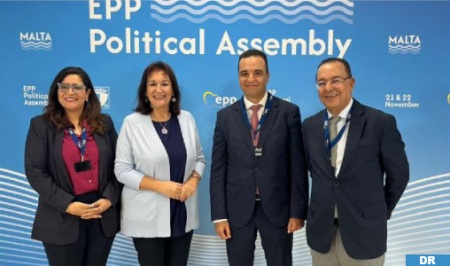

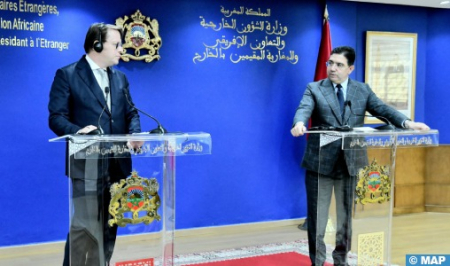
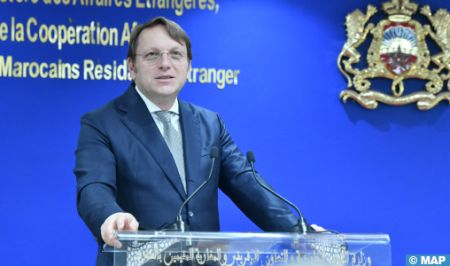
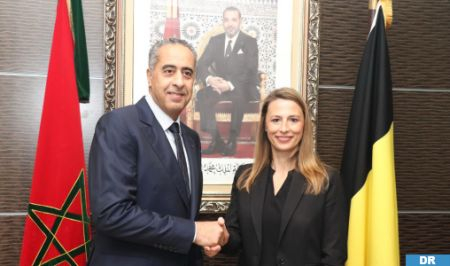
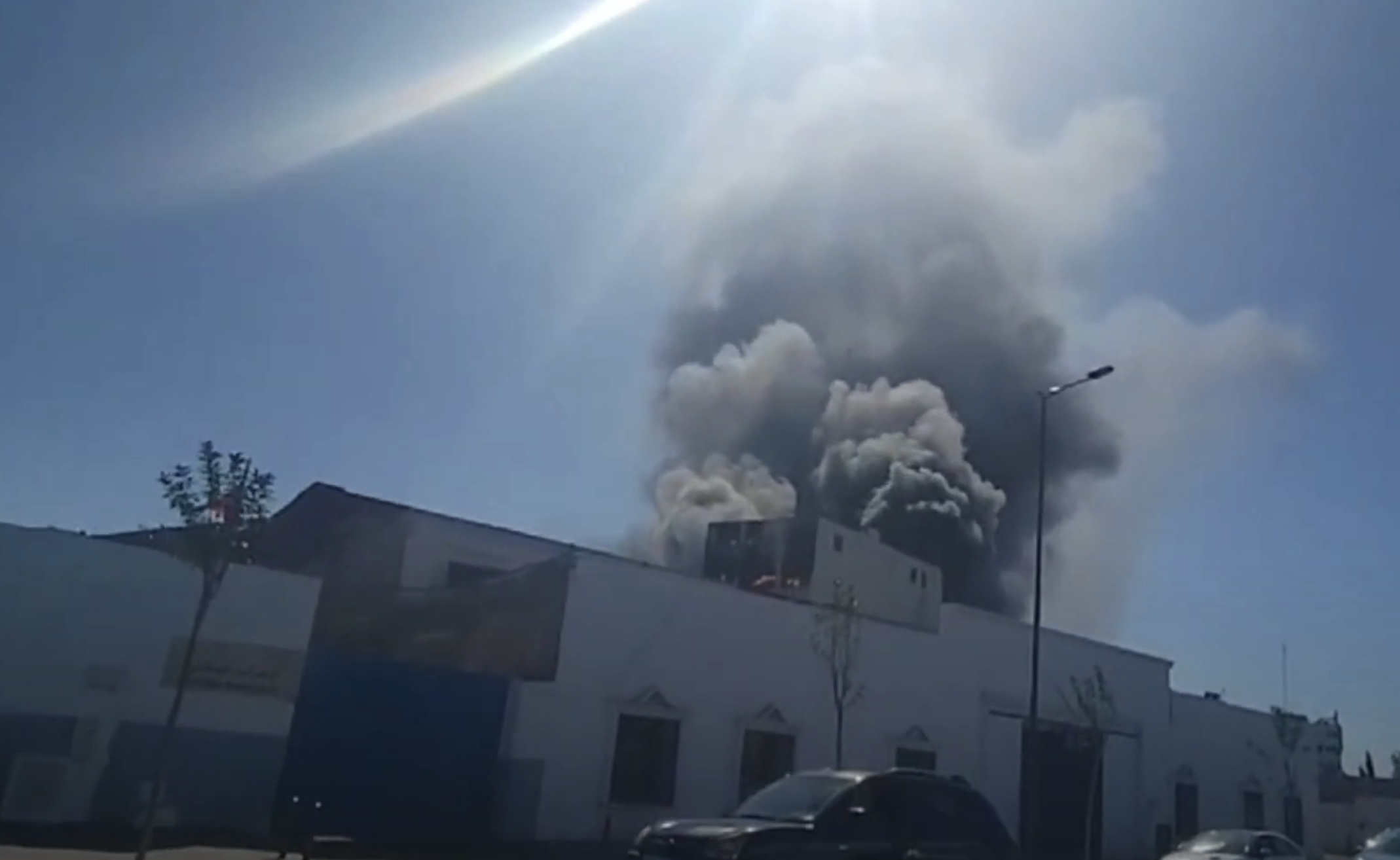


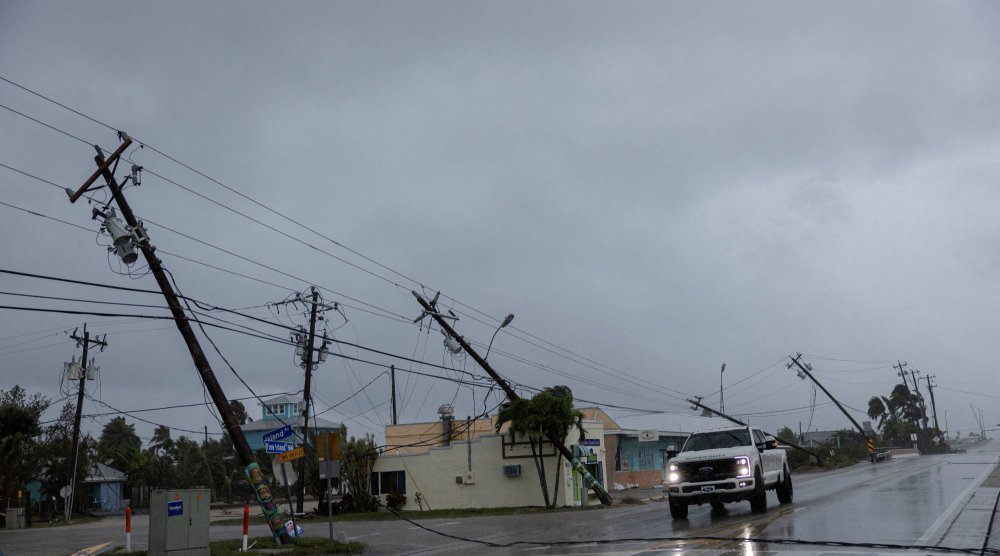


Comments
0